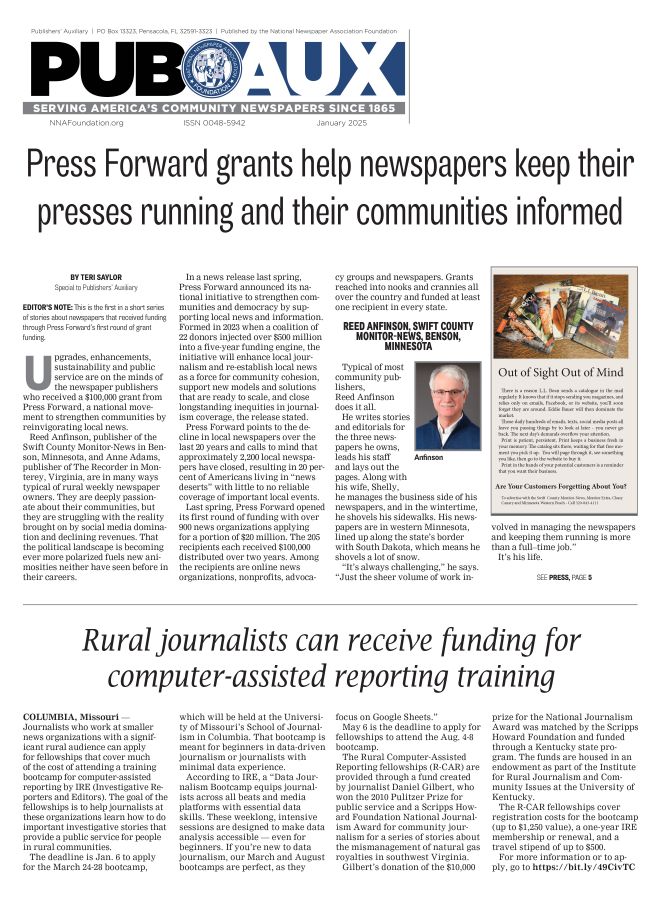In 2016, genocide is taking place and it must end
Jan 7, 2016
By Charles C. Haynes
Inside the First Amendement
The New Year begins, mass killings continue, and the United States government has yet to declare what is happening in Iraq and Syria "genocide."
By now, the evidence is overwhelming: ISIS is systematically eradicating Yazidis, Christians, Shia Muslims and other ethnic and religious minorities in territories controlled by the terrorist group.
What's at stake is more than a question of semantics: A declaration of genocide has significant legal and moral implications that would require the United States — and likeminded countries — to do whatever it takes to rescue the refugees and end the killing.
At this point in human history, we should know genocide when we see it. In the aftermath of the Holocaust — and in the idealistic hope of preventing another one — the United Nations adopted the Genocide Convention, defining genocide as "acts committed with intent to destroy, in whole or in part, a national, ethnic, racial or religious group."
Last November, a report issued by the Holocaust Museum documented the attempt by ISIS to exterminate the Yazidis, describing in detail the mass killings and sexual slavery inflicted on that community as well as on Christians and other religious minorities.
After the report was released, the U.S. State Department indicated that a genocide designation for ISIS was imminent. But as the New Year begins, it remains unclear when that will happen — and if the designation will be confined to the attacks on Yazidis or will include Christians and other groups.
Meanwhile on Capitol Hill, a bipartisan group of lawmakers is urging passage of a House resolution expressing the sense of Congress that by targeting Christians, Yazidis and other religious and ethnic groups and committing atrocities against these groups, ISIS is committing war crimes, crimes against humanity and genocide.
The "sense of Congress" resolution should be the official policy of the United States government. As a country founded on the principles of religious freedom — as defined by the First Amendment to the Constitution — America has a moral responsibility to lead the world by making every effort to stop genocide and rescue the victims.
During World War II, the U.S. government was slow to act — a delay with tragic consequences. Although the War Refugee Board created by President Franklin Roosevelt in 1944 is credited with saving 200,000 lives, for many Jews it was too little, too late: Thousands more who might have been saved were exterminated by the Nazis.
Genocide is the "crime of all crimes" and should only be designated after careful deliberation. But we now know that Christians, Yazidis and other groups are not simply victims of war; they are targets of eradication much like the Jews during the Holocaust.
We have numerous first hand accounts and images of beheadings, kidnappings, rape, torture and enslavement — more than enough evidence to declare ISIS guilty of genocide under international law.
Of course, a declaration of genocide will not, in and of itself, do much to end the killing. But genocide is a call to action unlike any other, obligating the world to make every effort to save those facing extermination. First and foremost, the U.S. and other countries must immediately ramp up efforts to rescue the thousands of people fleeing religious persecution.
Other strategies, including additional military and diplomatic options for ending the genocide, will be hotly debated, especially in this election year. But given the magnitude and urgency of the crisis, we should at least agree that more can and must be done.
Past declarations of genocide by the international community have served to stir the conscience of the civilized world. Now, once again, it is time to call genocide "genocide" — and remind the world that "never again" must truly mean never again.
Time is running out for thousands of Christians, Yazidis and other religious minorities in Iraq and Syria. In the blunt words of Pope Francis, "genocide is taking place and it must end."
Charles C. Haynes is vice president of the Newseum Institute and founding director of the Religious Freedom Center. E-mail: chaynes@newseum.orgWeb: www.religiousfreedomcenter.org Twitter: @hayneschaynes.







